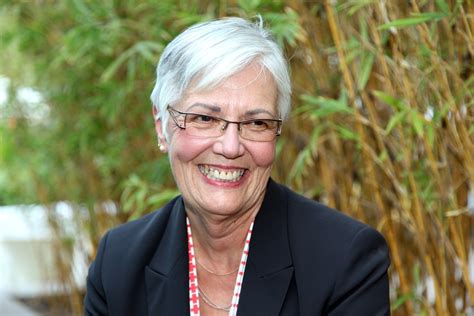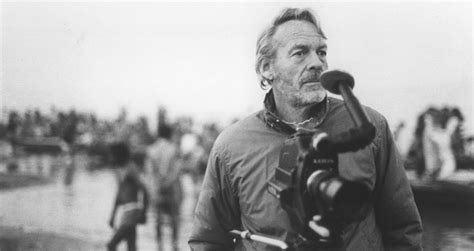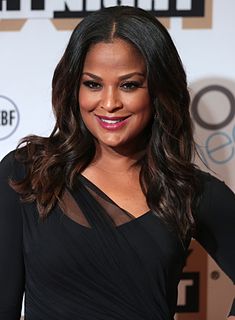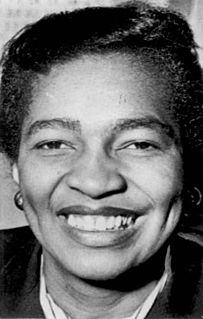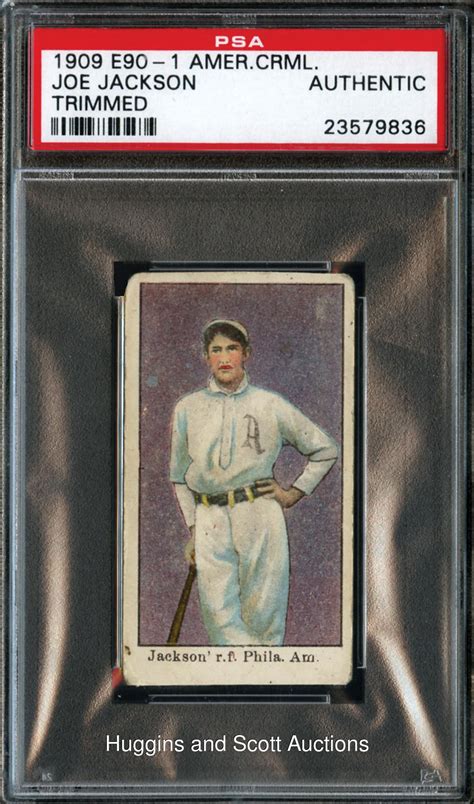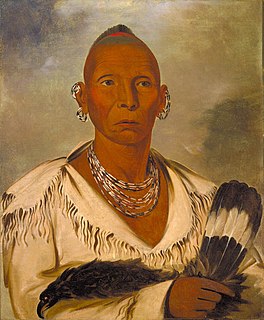A Quote by Claude Levi-Strauss
Our system is the height of absurdity, since we treat the culprit both as a child, so as to have the right to punish him, and as an adult, in order to deny him consolation.
Related Quotes
Say of him what you please, but I know my child's failings. I do not love him because he is good, but because he is my little child. How should you know how dear he can be when you try to weigh his merits against his faults? When I must punish him he becomes all the more a part of my being. When I cause his tears to come my heart weeps with him. I alone have a right to blame and punish, for he only may chastise who loves.
As I presided over Massie's execution, I thought about the abuse and neglect he endured as a child in the foster care system. We failed to keep him safe, and our failure contributed to who he was as an adult. Instead of spending hundreds of millions of dollars to kill him, what if we spent that money on other foster children so that we stop producing men like Massie in the first place?
If, therefore, man has come into the world to search for God and, if he has found Him, to adhere to Him and to find repose in adhering to Him-man cannot search for Him and attain Him in this sensible and corporeal world, since God is spirit rather than body, and cannot be attained in intellectual abstraction, since one is able to conceive nothing similar to God, as he asserts-how can one, therefore, search for Him in order to find Him?
If he is infinitely good, what reason should we have to fear him? If he is infinitely wise, what doubts should we have concerning our future? If he knows all, why warn him of our needs and fatigue him with our prayers? If he is everywhere, why erect temples to him? If he is just, why fear that he will punish the creatures that he has filled with weaknesses?
A child is an eager observer and is particularly attracted by the actions of the adults and wants to imitate them. In this regard an adult can have a kind of mission. He can be an inspiration for the child's actions, a kind of open book wherein a child can learn how to direct his own movements. But an adult, if he is to afford proper guidance, must always be calm and act slowly so that the child who is watching him can clearly see his actions in all their particulars.
We praise Him, we bless Him, we adore Him, we glorify Him, and we wonder who is that baritone across the aisle and that pretty woman on our right who smells of apple blossoms. Our bowels stir and our cod itches and we amend our prayers for the spiritual life with the hope that it will not be too spiritual.
How can we help a child change from undependable to dependable, from a mediocre student to a capable student, from someone who won't amount to very much to someone who will count for something. The answer is at once both simple and complicated: We treat a child as if he already is what we would like him to become.
I think my deepest criticism of the educational system . . . is that it's all based upon a distrust of the student. Don't trust him to follow his own leads; guide him; tell him what to do; tell him what he should think; tell him what he should learn. Consequently at the very age when he should be developing adult characteristics of choice and decision making, when he should be trusted on some of those things, trusted to make mistakes and to learn from those mistakes, he is, instead, regimented and shoved into a curriculum, whether it fits him or not.



